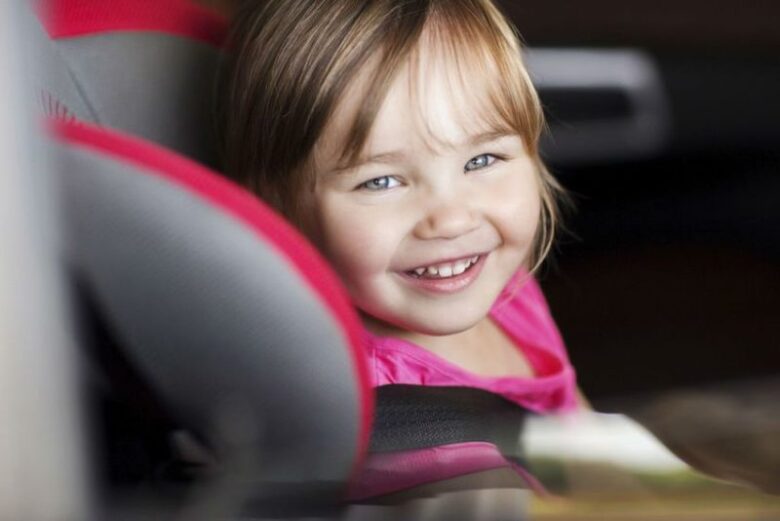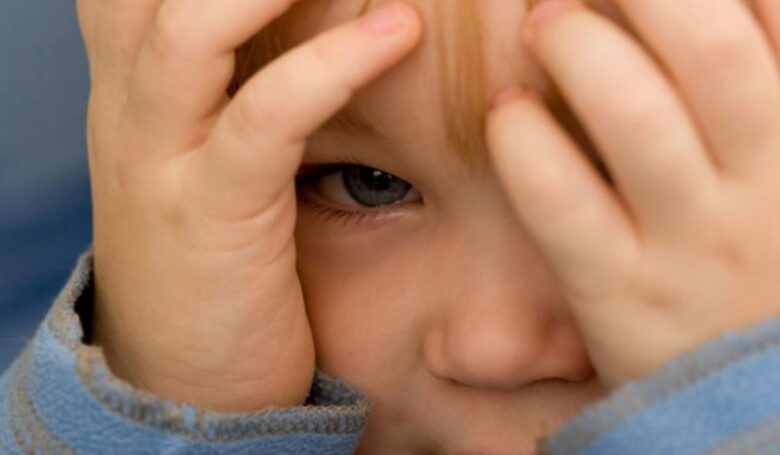If you’re injured in a car crash but still able to speak, you can usually articulate that something is wrong with you and where the injury is located. Children can’t always do this.
Sometimes, small children can be seriously injured after a vehicle collision and unable to tell you what’s wrong. They may be crying in pain in the aftermath, but you can’t understand what’s happening with them.
Also, certain injuries aren’t immediately apparent. Your kids might seem to be fine at the scene of the crash, but develop pains later on when you’re back at home.
Knowing the kinds of injuries that are most likely to occur in a car crash can help you prevent them. In truth, many injuries among children are preventable.
Precautions as simple as using the proper seat restraints and making sure your kids are properly secured in them can prolong the lives of 35 percent of the children who might otherwise perish in car collisions.
Parents should be cognizant of all the safety measures they can take to improve the security of their children during travel. Here are a few of the most common injuries and how you can prevent them.
1. Whiplash

According to phoenixlawteam.com, a personal injury firm in Arizona, whiplash is one of the most frequent injuries suffered by both children and adults in crashes. It results from the head being thrown violently forward and backward, or from side to side, which causes injury to the neck.
Children do not have firm control of their necks because their muscles are still developing, so they’re more likely to suffer a major case of whiplash that takes time and substantial physical therapy to heal.
To reduce the risk of whiplash for your children, employ proper restraints in your vehicle. Children who weigh less than 50 pounds should only ride in a car, truck, or bus when strapped into a car seat or booster seat.
Older children should always have a shoulder strap that lies flat on their shoulder to minimize the amount of neck movement when a car crash occurs.
2. Airbag Injuries

This is another common injury that easy to prevent. Airbags are wonderful tools, and have saved thousands of lives as well as reduced the rate of severe injuries for riders. However, they can be extremely dangerous for children under the age of 12.
Smaller teens who weigh less than 50 pounds or are shorter than five feet may also sustain injuries if they’re sitting in the front seat when an airbag gets deployed. Protecting your children from such injuries is simple: Don’t allow kids who fail to meet the weight and height requirements to sit in the front seat.
This may seem inconvenient and even objectionable for the youngster, but assure him or her that it will be just for a short time, and your child will be much safer over the long run.
3. Head Injuries

Head injuries are also widespread among youthful passengers. As mentioned earlier, their neck muscles are not fully developed, so they’re more likely to bang their head on something during a collision.
A child may experience a concussion, contusion, or a cranial fracture. One of the most serious versions is called a traumatic brain injury (TBI).
For frame of reference, a concussion is regarded as a mild case of TBI. It occurs when the brain, which contains nothing but soft, malleable tissue between it and your skull, hits the hard bones of the inner skull, and caused bleeding, bruising, or other damage.
TBI can result in a number of short or long-term health problems, including memory loss, paralysis, and speech and motor function issues. Unfortunately, the effects of a TBI can be irreversible.
Injuries to the head are more difficult to prevent because the effects often depend on the force of the impact. However, you can minimize the damage by making sure your children are properly restrained.
The safest place in a vehicle for them is the middle of the back seat, because if you are T-boned, there will be more space between them and the point of impact.
4. Psychological Damages

Many of the physical injuries from car crashes can be repaired and even avoided. But your children could experience psychological suffering as a result of this terrifying event.
They might experience stress, anxiety, nightmares, insomnia, and even depression. Some kids may be afraid to enter a car or drive one when it comes time to learn.
Many of these symptoms are associated with a condition called post-traumatic stress disorder (PTSD). If left untreated, psychological damage can seriously inhibit your son or daughter from leading a normal life.
Getting help for your child’s mental stability is just as critical as getting help for the physical injuries. Usually, trauma centers and hospitals have a psychologist on staff to speak with victims of vehicle collisions (or any other kind of trauma) if they desire.
Members of the staff may also be able to recommend a specialist to help your child regain proper mental health following a terrifying accident.


